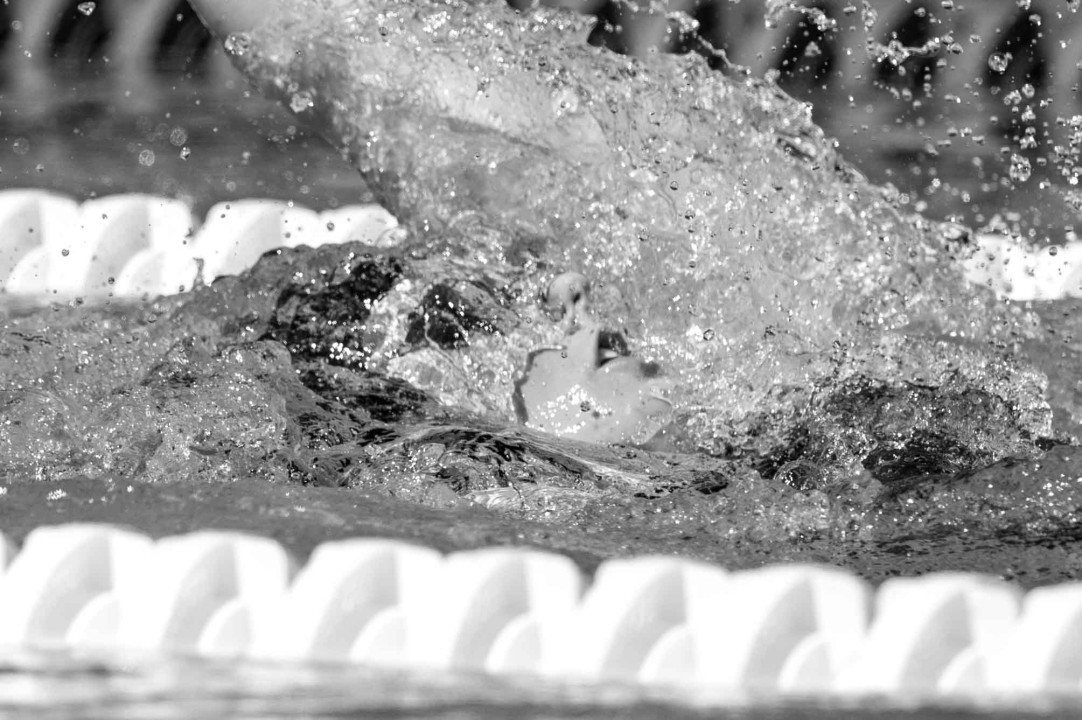Good nutrition is an important component of an elite athlete’s training, so it should be equally important during championship meets. You can’t win the race by making sure to eat your broccoli, but you can lose it by eating terrible foods that don’t give your body the energy it needs to perform. How you eat is not about calories, “super foods”, or special tricks. It is entirely about how you can best refuel your muscles for the next race while accelerating recovery from the previous one. Let’s discuss the essential habits you can adopt.
Hydration. Drink water like it’s your job. Staying hydrated can be especially difficult when you travel for competitions unless you make it a priority. A study in the Journal of Nutrition found a 1.5% loss of normal water volume in the body is enough to make you feel fatigue, anxiety, tension, and headaches. By the time you feel thirsty, you have already lost about 1-2% of body fluid1. During a meet, make it your goal to steadily drink water and never reach a thirsty state. This will also help you recover faster from a previous race, and flush out any harmful germs in your system from traveling. For more information on dehydration, please visit my blog post*.
Stick with what you know. Swimmers know to pay attention to how they eat during taper, but on the flipside do not make so many changes in your nutrition that your body is unprepared for them. Training volume is down, but that does not mean you have to eat salad. Make sure your meals have substance to them and give you energy—that means still eating a balance of carbohydrates, protein and healthy fats.
Drop any fast food or nightly dessert habits. It will be there for you when you’re done with season in a few weeks. When out to restaurants during travel meets, opt for grilled items over fried, meals that include vegetables, and pastas without cream sauce. Pack snacks like fruit, nuts, and bars for the plane and your hotel room.
If you find it hard to skip dessert, think of how many morning practices you’ve woken up for this year and how much training you’ve put in to make these few weeks great. Everything you eat can help you fuel up for a great performance if you make smart decisions.
References:
http://www.huffingtonpost.co.uk/2012/02/20/mild-dehydration-causes-a_n_1288964.html

About BridgeAthletic
 BridgeAthletic works with elite professional, collegiate, and club swimming programs to provide a turnkey solution for dryland training. Led by Nick Folker, the top swimming strength and conditioning coach in the world, our team builds stroke-specific, custom-optimized dryland programs for each of our clients. The individualized workouts are delivered directly to athletes via our state of the art technology platform and mobile applications. Check Nick and BridgeAthletic out as recently featured in SwimSwam.
BridgeAthletic works with elite professional, collegiate, and club swimming programs to provide a turnkey solution for dryland training. Led by Nick Folker, the top swimming strength and conditioning coach in the world, our team builds stroke-specific, custom-optimized dryland programs for each of our clients. The individualized workouts are delivered directly to athletes via our state of the art technology platform and mobile applications. Check Nick and BridgeAthletic out as recently featured in SwimSwam.
 Nick Folker is the Co-Founder and Director of Elite Performance at BridgeAthletic. Nick’s athletes have won 22 Olympic Medals, 7 team NCAA Championships and over 170 individual and relay NCAA championships. Megan Fischer-Colbrie works as the Sports Science Editor at BridgeAthletic. Megan was a four-year varsity swimmer at Stanford, where she recently graduated with a degree in Human Biology.
Nick Folker is the Co-Founder and Director of Elite Performance at BridgeAthletic. Nick’s athletes have won 22 Olympic Medals, 7 team NCAA Championships and over 170 individual and relay NCAA championships. Megan Fischer-Colbrie works as the Sports Science Editor at BridgeAthletic. Megan was a four-year varsity swimmer at Stanford, where she recently graduated with a degree in Human Biology.
The Championship Series by BridgeAthletic is designed to empower athletes with tips from the pros that will help them reach peak performance come race day. We will be covering competition-focused topics such as nutrition, recovery, stretching, and mental preparation.
